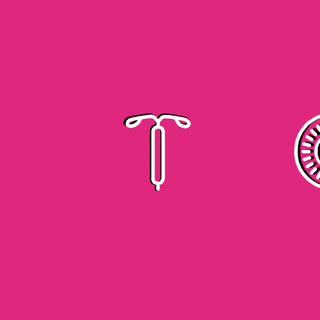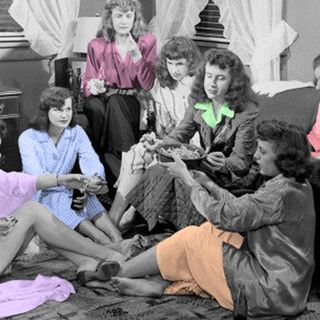
Even Toddlers Are Concerned About What Others Think of Them
Does this outfit make me look naughty?

Kids do give a damn about their reputation — and it starts younger than we think, opening wider parents’ window to shape behavior through positive reinforcement.
“Our research suggests that by 24 months old, children understand that their behavior can be positively or negatively evaluated by others,” says Sara Valencia Botto, MA, of Emory University, the lead researcher of a new study published in Developmental Psychology, a journal of the American Psychology Association.
Previously, experts believed that such concern usually manifested around 4 or 5 years of age — when theory of mind starts to flourish — but Botto’s study shows it starts at the latest by age 2, and likely earlier.
The researchers recruited 114 children between 14 and 24 months of age, and conducted four experiments that built on each other to arrive at this conclusion. The experiments involved using a remote control to operate a toy robot. As the children played, researchers either ignored them, or sat and watched. In some of the experiments, negative and positive feedback was given.
For instance, in one experiment, a child was given two remotes that operated the same robot toy. When demonstrating the first remote, a researcher added a positive association (“Wow! Isn’t that great?”) and while demonstrating the second remote, the researcher added a negative association (“Uh-oh! Oops, oh no!”). The child was given the remotes to play with on their own. In some cases, the researchers paid attention to the child; in others, the researcher ignored the child by reading a magazine.
“The children pressed the positive remote significantly more while being watched and used the negative remote more when not being watched,” says Botto. “This behavior is like older children who behave well and do good things while others are watching and misbehave when no one is paying attention.”
Across all four experiments, and regardless of gender, kids modified their play when the researcher was paying attention, favoring the remote with positive associations.
“Our study offers strong support for the idea that very young children are much more attuned to their surroundings and others’ responses than previously thought,” says study co-author Philippe Rochat, PhD, also of Emory University.
Which means positive reinforcement can start early. The toddler years are often tricky ones for parents. When kids are too young to be reasoned with and too young to express all of the emotions they’re feeling, effective discipline becomes a struggle. But if by age 2, and likely earlier, children actively seek positive attention over negative or neutral attention, then it can be applied in moments when they are well behaved, reinforcing the benefit of their good behavior.
Related:
Related


Regulators Aren’t Requiring Insurance Companies to Pay for Dental, Fertility Treatments
